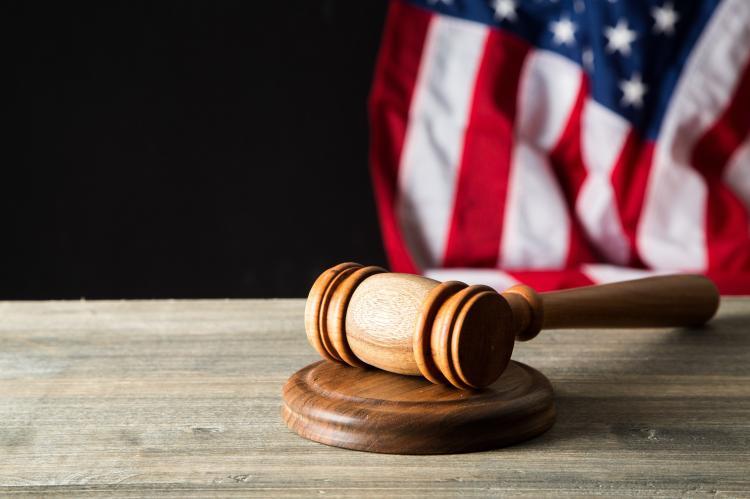Disputed Enbridge’s Line 5 Pipeline Trespassing on Tribal Land in Wisconsin, US DOJ Says

The U.S. Department of Justice (DOJ) has weighed in on a long-running court battle over an oil and gas pipeline in Wisconsin, arguing that a Canadian company has been trespassing on tribal land for over a decade.
In a brief filed last Wednesday with the federal appeals court, DOJ lawyers asserted that Enbridge Energy, the Canadian company operating the pipeline, "lacks any legal right to remain" on the land owned by the Bad River Band of Lake Superior Chippewa, an Ojibwe tribe.
However, the brief sidestepped the central legal question of the case: whether a 1970s treaty between the United States and Canada grants Enbridge the right to operate the pipeline indefinitely. Enbridge has argued the treaty does so.
Line 5, the pipeline in question, stretches 645 miles across Wisconsin and Michigan. The company is currently fighting lawsuits demanding its closure in federal appellate courts in both states.
These lawsuits are seen as crucial by Indigenous tribes seeking to affirm their sovereignty, as well as by states seeking greater control over pipelines within their borders.
Environmental groups in both states have also raised concerns about the aging pipeline's condition and Enbridge's plans for repairs.
The DOJ brief came in response to a request from the 7th Circuit Court of Appeals in Wisconsin, which specifically asked the department to address the treaty's role in the case.
Despite the request and multiple extensions, the DOJ ultimately avoided a direct stance on the treaty.
Instead, the brief argues that the lower court judge "failed to adequately assess all of the public interests" related to the treaty, including potential impacts on trade, diplomacy, and tribal sovereignty.
The DOJ is urging the appeals court to reconsider the issue in light of these broader concerns.

